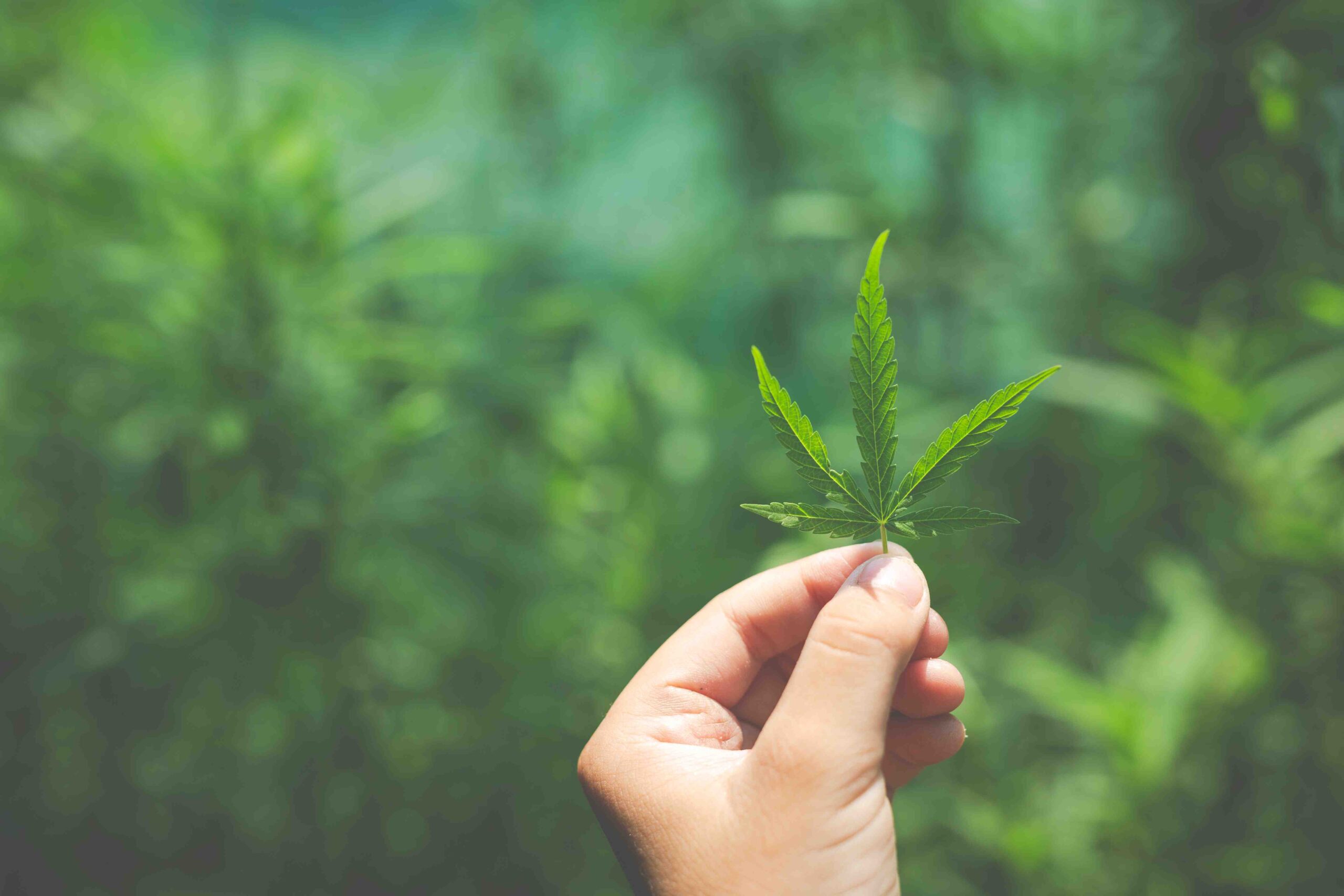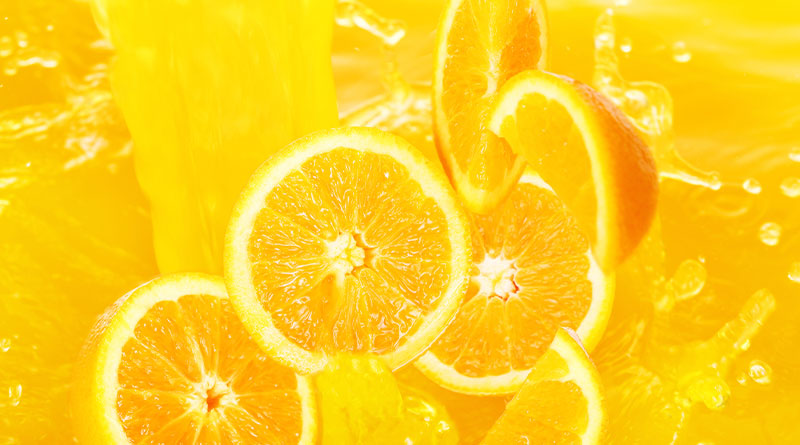Cannabis has over 100 cannabinoids, each with unique properties. One that’s gaining attention is THCA. But what is THCA, and why does it matter? If you’ve ever wondered about this compound and how it differs from THC, you’re in the right place.
This guide will break it all down in a simple, engaging way.
What Is THCA?
THCA stands for tetrahydrocannabinolic acid. It’s a naturally occurring compound in raw cannabis. Unlike THC, which is famous for its psychoactive effects, THCA is non-intoxicating. However, when exposed to heat, THCA converts to THC, the compound responsible for the “high.”
How Does THCA Work?
THCA doesn’t directly interact with CB1 receptors in the brain like THC. Instead, it may offer potential health benefits without causing euphoria. Researchers are still studying how THCA interacts with the body’s endocannabinoid system.
The Difference Between THCA and THC
Understanding the difference between THCA and THC is crucial. Here’s a quick comparison:
| Feature | THCA | THC |
|---|---|---|
| Psychoactive? | No | Yes |
| Found in Raw Cannabis? | Yes | No |
| Converts to THC When Heated? | Yes | N/A |
| Potential Health Benefits? | Yes | Yes |
How THCA Turns Into THC: The Decarboxylation Process
THCA transforms into THC through a process called decarboxylation. This occurs when cannabis is exposed to heat. Here are common methods of decarboxylation:
- Smoking or Vaping: Heat from combustion or vaporization converts THCA to THC instantly.
- Cooking: When cannabis is used in edibles, heat activates THC.
- Sunlight Exposure: Over time, natural heat can lead to partial conversion.
Potential Benefits of THCA
Although research is still in its early stages, THCA shows promise in several areas:
1. Anti-Inflammatory Properties
Studies suggest THCA may help with inflammation-related conditions like arthritis and autoimmune disorders.
2. Neuroprotective Effects
Preliminary research indicates THCA might support brain health, potentially aiding in conditions like Alzheimer’s or Parkinson’s.
3. Anti-Nausea and Appetite Stimulation
Some evidence suggests THCA could reduce nausea and stimulate appetite, making it useful for patients undergoing treatments like chemotherapy.
4. Pain Relief
Like other cannabinoids, THCA may have analgesic properties, offering potential relief for chronic pain sufferers.
How to Use THCA
Since THCA is present in raw cannabis, consuming it without heating preserves its properties. Here are some popular ways to use THCA:
- Raw Cannabis Juicing: Blending fresh cannabis leaves into smoothies or juices.
- Tinctures: Alcohol-based extracts containing THCA.
- Capsules: Pre-measured doses for easy consumption.
- Topicals: Creams and balms infused with THCA for localized relief.
Is THCA Legal?
The legality of THCA depends on your location. In the U.S., cannabis laws vary by state. Some places allow THCA products, while others regulate them similarly to THC. Always check local laws before purchasing or using THCA.
Does THCA Show Up on a Drug Test?
Standard drug tests detect THC, not THCA. However, if THCA is heated and converted into THC before consumption, it could lead to a positive test. If drug testing is a concern, consult a professional before using THCA products.
Final Thoughts
THCA is an exciting cannabinoid with unique properties. While it doesn’t cause a high like THC, it offers potential health benefits worth exploring. Whether you’re interested in its therapeutic potential or just want to understand cannabis better, THCA is a compound to keep an eye on.
Do you have experience with THCA? Share your thoughts in the comments below!
Sahil Sachdeva is the Founder of curemedoc.com and a Digital Marketing professional with years of experience. If you need help in Content writing and want to increase your website ranking, connect with him, as he has some premium websites where you can share blogs with DoFollow links and increase your website’s ranking on Google.





